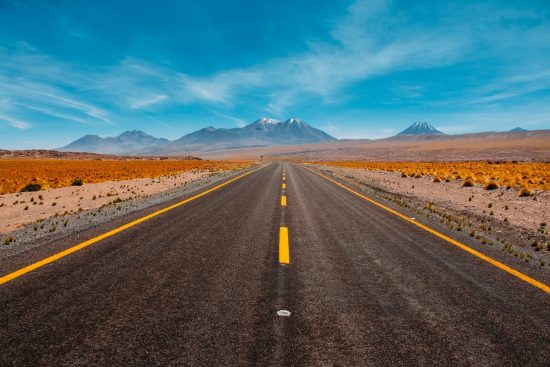
In our increasingly globalized world, understanding and appreciating different cultures is more important than ever. However, traveling to different countries to experience these cultures firsthand is not always feasible. Enter Virtual Reality (VR), a cutting-edge technology that is reshaping our world in countless ways. From gaming to training, VR’s applications are manifold. But one of its most transformative uses lies in cultural exploration.
The Power of VR in Cultural Immersion
VR’s immersive qualities offer an unprecedented level of engagement, making it an ideal tool for cultural exploration. Unlike traditional media like books or films, VR places users at the center of the action. With a VR headset, users can walk down bustling streets in Tokyo, explore the pyramids in Egypt, or wander through bustling marketplaces in Marrakech, all without leaving their living room.
The power of VR to transport users to different cultural settings has several applications:
- Education: Educators can use VR to supplement traditional teaching methods, giving students a more tangible understanding of different cultures. A virtual tour of the Acropolis, for example, can provide a much more engaging lesson on ancient Greece than a textbook.
- Travel planning: VR can give prospective travelers a preview of their destinations. By exploring a location virtually, travelers can decide which sights they wish to see in person.
- Preservation of cultural heritage: VR can preserve and showcase cultural traditions that are in danger of being lost. Virtual recreations of traditional ceremonies or extinct languages can keep these cultural artifacts alive for future generations.
VR Companies Leading the Cultural Exploration
Several companies are leveraging VR for cultural exploration. For instance, Google’s Arts & Culture project offers virtual tours of over 2000 cultural institutions from 80 countries, making a wealth of global culture accessible from home. Another noteworthy project is the World Bank’s “Cultural Heritage and Sustainable Tourism” program, which uses VR to promote and preserve cultural heritage sites in developing nations.
The Future of VR in Cultural Exploration
The use of VR for cultural exploration is still in its early stages, but the future looks promising. As VR technology continues to evolve, virtual cultural experiences are likely to become more lifelike and immersive. Future developments may include haptic feedback to simulate touch, improved sound quality for more realistic auditory experiences, and even the integration of smell to create a truly multi-sensory cultural experience.
Bridging Cultural Gaps with VR
Virtual reality holds enormous potential for bridging cultural gaps and promoting global understanding. By providing accessible and immersive experiences of diverse cultures, VR allows us to travel the world without leaving our homes, fostering a greater appreciation of our world’s rich cultural tapestry. With ongoing advancements in VR technology, we can look forward to increasingly authentic and comprehensive cultural explorations from the comfort of our living rooms.







